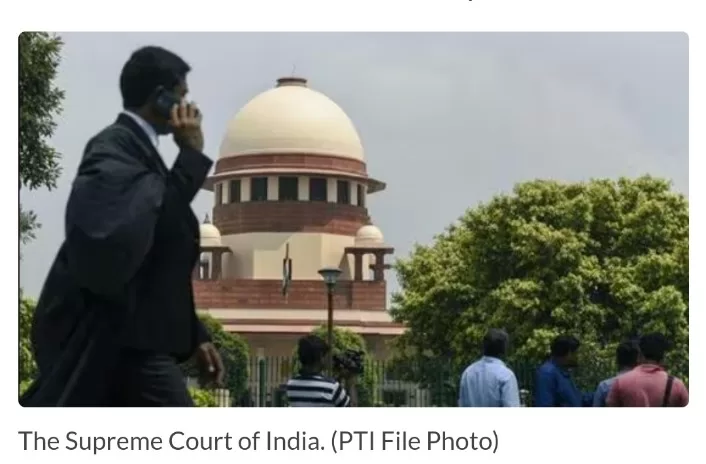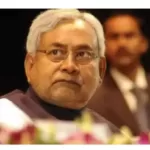New Delhi:In a resolute stance amidst the prevailing pollution crisis, the Supreme Court has conveyed unequivocal disapproval for celebrating while compromising the environment. The apex court has directed all states and Union Territories to rigorously adhere to its directives, which entail stringent restrictions on the detonation of firecrackers during Diwali and other occasions.
Elucidating that festivity at the expense of environmental contamination is an act of sheer self-interest, the Supreme Court lamented the impracticality of enforcing an outright ban on fireworks. A bench comprising justices AS Bopanna and MM Sundresh underscored that sensitizing the public is paramount. The court emphasized that merely restricting fireworks to specific timeframes will not suffice to eradicate pollution.
“We must acknowledge that individuals will ignite the firecrackers they have procured… Erroneously, there exists a perception that addressing environmental concerns is the exclusive responsibility of the judiciary. In reality, it is a collective obligation to mitigate air and noise pollution,” asserted the bench. This assertion was made in response to an application urging the Rajasthan government and the state pollution control board to take immediate measures to curtail air and noise pollution in Udaipur.
Furthermore, the bench underscored that celebrations should never serve as conduits for pollution. “Authentic celebration can only be achieved by sharing one’s joy without despoiling the environment. Engaging in such practices is a display of selfishness. In recent times, it is not the younger generation but rather the older populace that has been actively contributing to environmental degradation by igniting fireworks,” lamented the bench.
The court recollected that it has already issued a multitude of directives to both the Central government and state governments to mitigate air and noise pollution stemming from various sources, including firecrackers. It expressed a profound belief that these activities cannot be entirely eradicated without voluntary cooperation from the public. The bench recommended that state governments conduct awareness campaigns and sensitize the population.
In its official order, the Supreme Court affirmed that the state of Rajasthan and all other states must diligently comply with the court’s previous directives. The bench stressed that explicit orders are unnecessary, as the court has already issued numerous instructions aimed at diminishing air and noise pollution. These directives are binding for every state, including Rajasthan.
Senior advocate Gopal Sankaranarayanan, representing the PIL petitioners, also raised concerns about crop residue burning in neighboring states near Delhi, prompting the bench to request information from the India Meteorological Department.
The bench noted that media reports indicate a proclivity among different states to engage in a blame game regarding the causes of air and noise pollution. Nevertheless, the bench refrained from delving into the issue of crop residue burning, as another bench of the Supreme Court is already seized of the matter, which will be addressed later.
In a significant ruling on September 22, the Supreme Court had rebuffed requests from firecracker manufacturers and the Central government to permit the production of joint crackers and environmentally-friendly “green” crackers with reduced barium salt content. The top court had previously banned barium salts in October 2018 due to health concerns. Additionally, the court had directed the Central government to devise improved formulations devoid of these salts.
The prohibition on firecrackers was instituted in response to a public interest litigation (PIL) filed by three minors led by Arjun Gopal. They had raised concerns about the flagrant violation of the ban by manufacturers, resulting in the unauthorized sale of firecrackers in the city, thereby undermining the ban’s enforcement.







